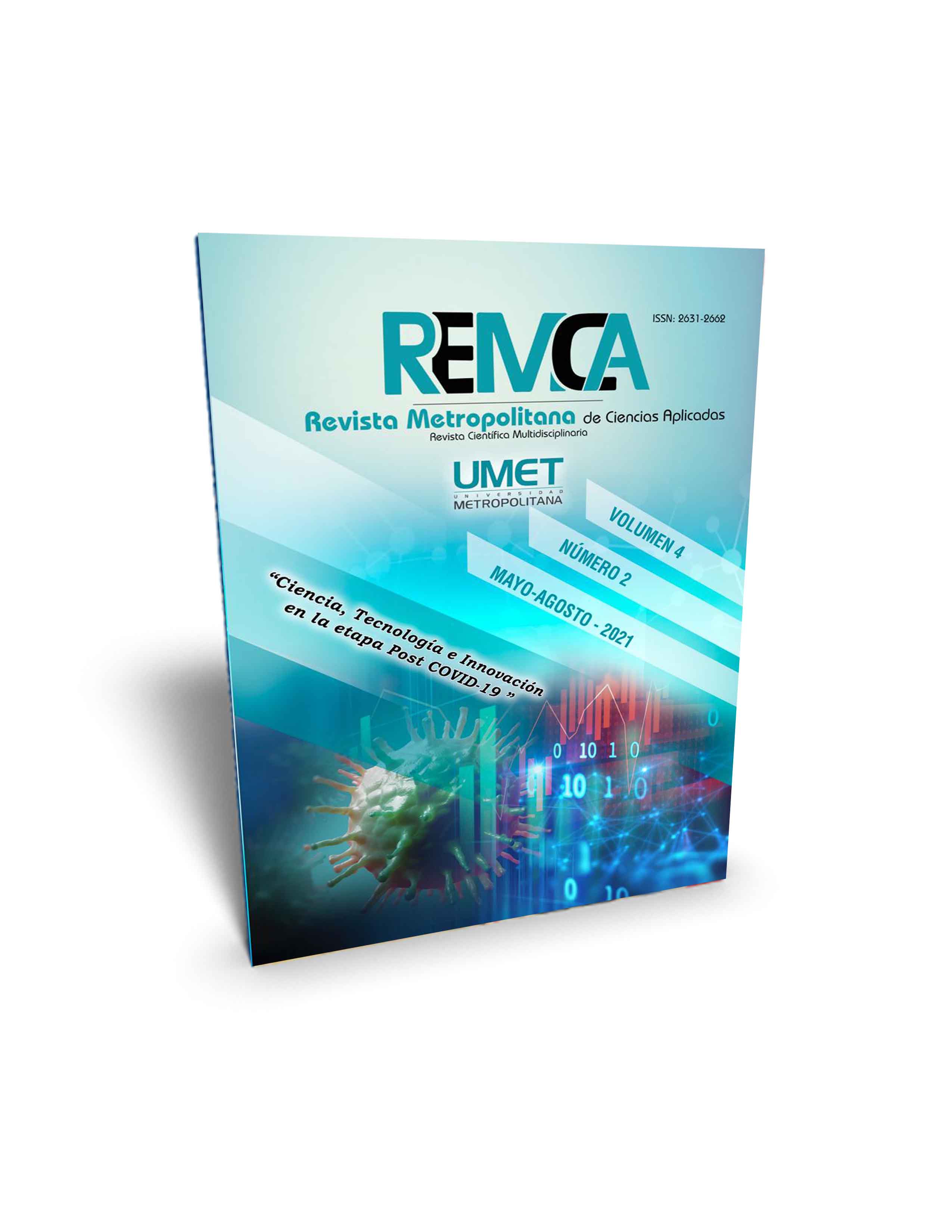Is there a violation of the principle of double trial (Non Bis In Ídem) in organized crime offenses and their offenses, fines?
DOI:
https://doi.org/10.62452/40vc3r52Keywords:
Principle of double trial, organized crime, crime, due processAbstract
In today's social and legal situation, organized crime or crime is a phenomenon that occurs repeatedly, but under different forms or modalities that range from peaceful but subtle actions and others, violent and open. This has occurred especially in the phenomenon involving drug trafficking, human trafficking and arms trafficking. Being, in addition, criminal modalities that in themselves and by their very nature are very dangerous. The foregoing translates into the importance and significance of implementing at the state level and at the global level, criminal policies aimed at combating organized crime; however, these criminal policies must be respectful of due process and the basic guarantees that inform it, including, the principle of prohibition of double trial and punishment, known as non bis in idem, constituting the object of our work. The methods used from the theoretical level were the logical historical and the synthetic analytical, and from the empyrean the document analysis, and the analytical exegetical.
Downloads
References
Corte Penal Internacional. (1998). Estatuto de Roma. Conferencia Diplomática de Plenipotenciarios de las Naciones Unidas. https://www.un.org/spanish/law/icc/statute/finalfra.htm
Ecuador. Asamblea Nacional Constituyente. (2008). Constitución Política de la República del Ecuador 2008. Decreto legislativo 0. Registro oficial 449. https://corporativo.cnt.gob.ec/wp-content/uploads/2015/05/Constitucion_Republica_del_Ecuador_2008_RO.pdf
Ecuador. Asamblea Nacional. (2014). Código Orgánico Integral Penal de Ecuador. Registro Oficial.
España. Cortes Generales. (1978). Constitución Española. https://www.boe.es/buscar/pdf/1978/BOE-A-1978-31229-consolidado.pdf
Ferrajoli, L. (2001). Derecho y razón. Trotta.
López, J. (2015). Criminalidad organizada. Aspectos jurídicos y criminológicos. Dykinson.
Lorenzetti, R. L. (2006). Teoría de la Decisión Judicial. Rubinzal - Culzoni Editores.
Maier, J. (1999). Derecho Procesal Penal. I Fundamentos. Academia de Derecho y Ciencias Sociales.
Montalvo, J. (2000). La Organización Criminal. Tratamiento penal y procesal. Dykinson.
Nieto, A. (2005). Derecho Administrativo Sancionador. Editorial Tecnos.
Organización de las Naciones Unidas. (1966). Pacto internacional de derechos civiles y políticos. https://www.acnur.org/fileadmin/Documentos/BDL/2004/2845.pdf
Organización de los Estados Americanos. (1969). Convención Americana sobre Derechos Humanos. Pacto de San José de Costa Rica. OEA. https://www.oas.org/dil/esp/tratados_b-32_convencion_americana_sobre_derechos_humanos.htm
Sáenz, I. D. (2006). La Sanción Administrativa en el Orden Laboral. Servicio de Publicaciones.
Terradillos Basoco, J. M. (2001). Peligro abstracto y garantías penales. Nuevo Foro Penal, 12(62), 67-94.
Tribunal Constitucional Español. (1981). Sentencia 2/1981. d 2 de febrero. Boletín Oficial del Estado 47. http://hj.tribunalconstitucional.es/es-ES/Resolucion/Show/2
Tribunal Constitucional Español. (2003). Sentencia 2/2003 de de 16 de enero. Boletín Oficial del Estado 43. https://boe.es/boe/dias/2003/02/19/pdfs/T00017-00031.pdf
Tribunal Constitucional Español. (2007). Sentencia 48/2007 de 12 de marzo. . Boletín Oficial del Estado 92. https://www.boe.es/boe/dias/2007/04/17/pdfs/BOE-S-2007-92.pdf
Unión Europea. (2003). Carta de derechos fundamentales. Diario oficial de las comunidades europeas. https://www.europarl.europa.eu/charter/pdf/text_es.pdf
Zaffaron, I, E., Alagia, A., & Slokar, A. (2006). Manual de derecho penal. Parte general. EDIAR.
Downloads
Published
Issue
Section
License
Copyright (c) 2021 José Antonio Sánchez Gutiérrez, Vicente H. Arias Montero (Autor/a)

This work is licensed under a Creative Commons Attribution-NonCommercial-ShareAlike 4.0 International License.
Authors who publish in Revista Metropolitana de Ciencias Aplicadas (REMCA), agree to the following terms:
1. Copyright
Authors retain unrestricted copyright to their work. Authors grant the journal the right of first publication. To this end, they assign the journal non-exclusive exploitation rights (reproduction, distribution, public communication, and transformation). Authors may enter into additional agreements for the non-exclusive distribution of the version of the work published in the journal, provided that acknowledgment of its initial publication in this journal is given.
© The authors.
2. License
The articles are published in the journal under the Creative Commons Attribution-NonCommercial-ShareAlike 4.0 International License (CC BY-NC-SA 4.0). The terms can be found at: https://creativecommons.org/licenses/by-nc-sa/4.0/deed.en
This license allows:
- Sharing: Copying and redistributing the material in any medium or format.
- Adapting: Remixing, transforming, and building upon the material.
Under the following terms:
- Attribution: You must give appropriate credit, provide a link to the license, and indicate if any changes were made. You may do this in any reasonable manner, but not in any way that suggests the licensor endorses or sponsors your use.
- NonCommercial: You may not use the material for commercial purposes.
- ShareAlike: If you remix, transform, or build upon the material, you must distribute your creation under the same license as the original work.
There are no additional restrictions. You may not apply legal terms or technological measures that legally restrict others from doing anything the license permits.




